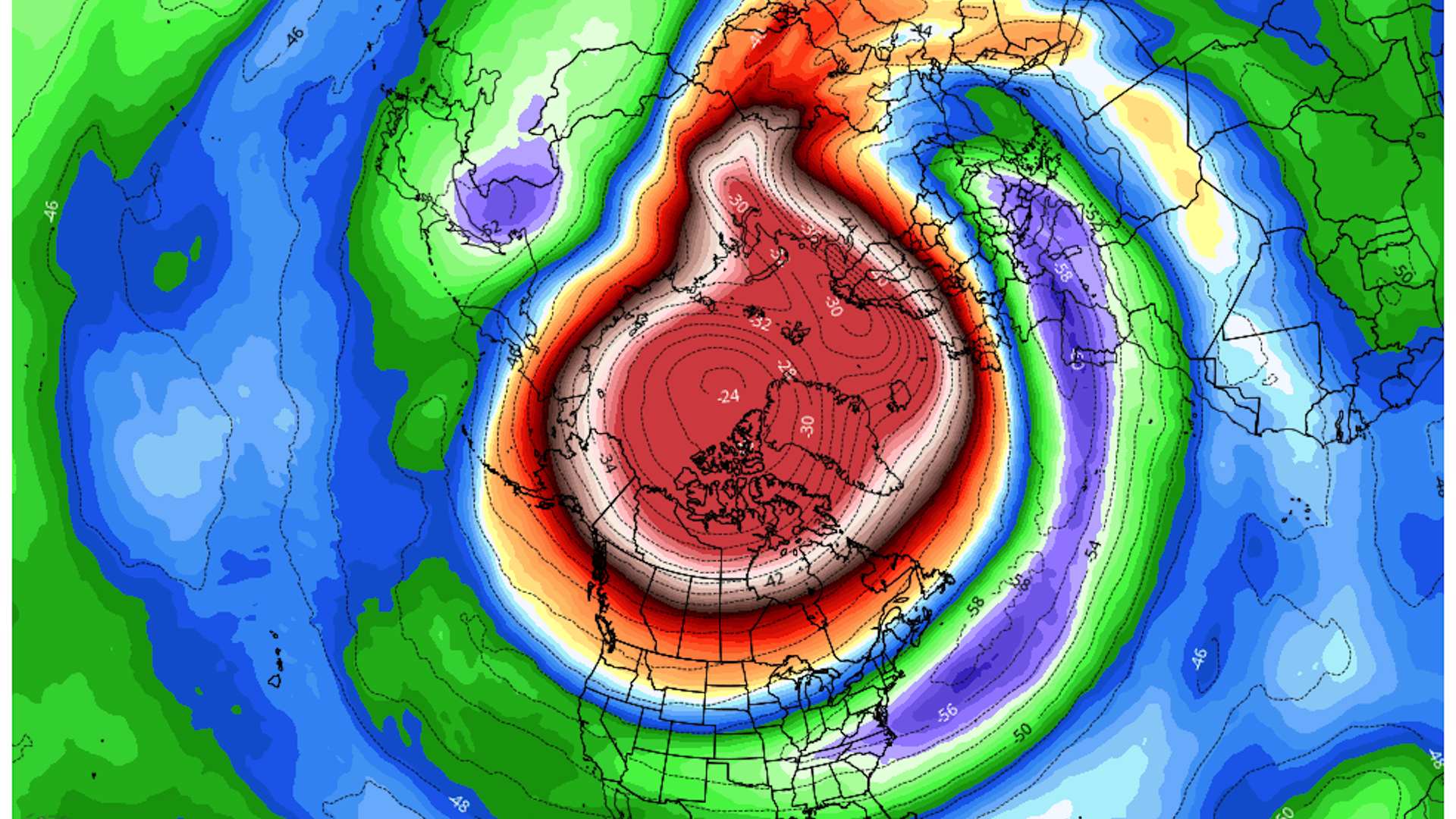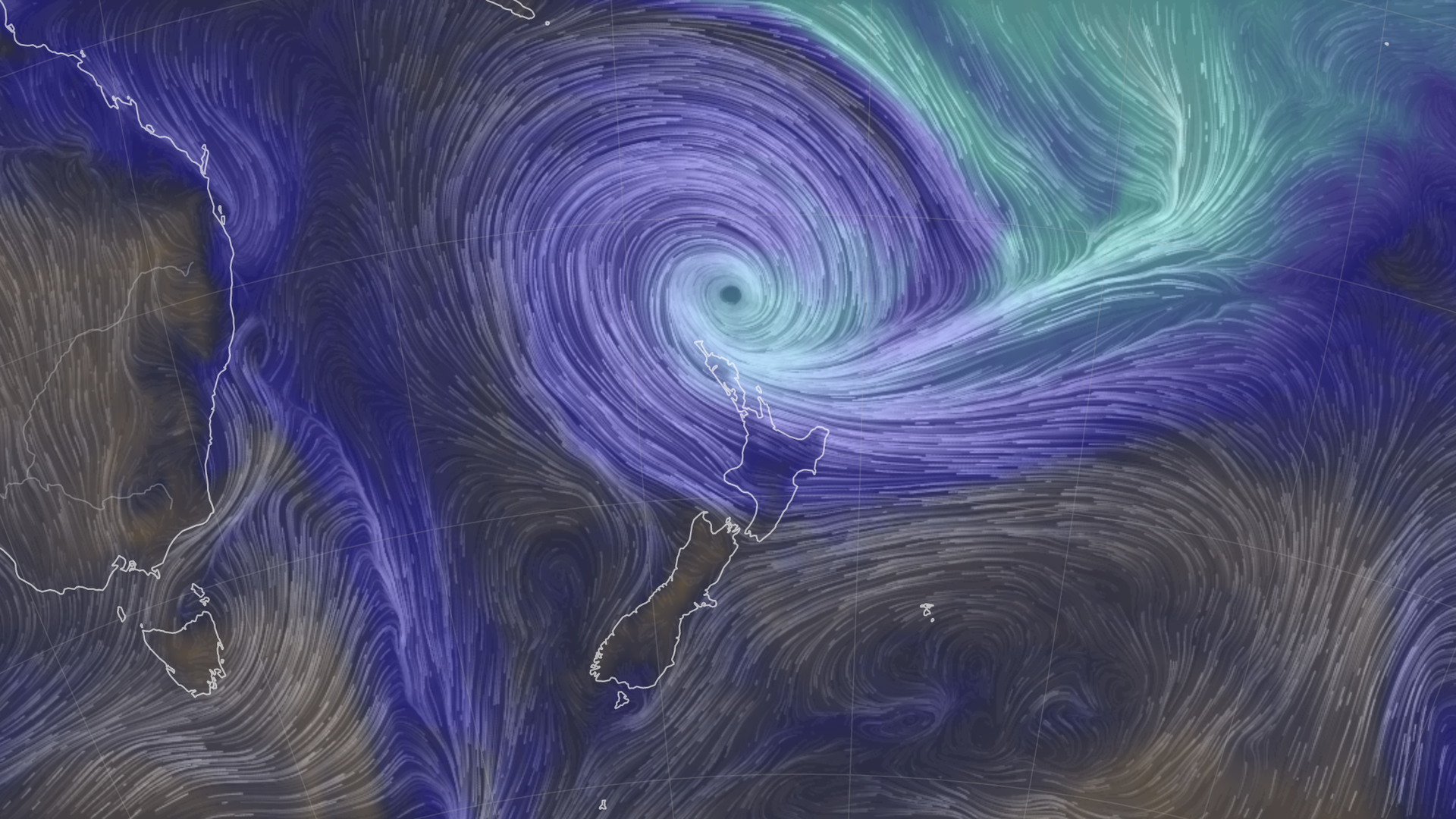| |
| |
| |
| Presented By Panasonic |
| |
| Axios Generate |
| By Ben Geman and Andrew Freedman · Feb 13, 2023 |
| ☕ Good morning! Today's newsletter has a Smart Brevity count of 1,134 words, 4.5 minutes. 🔮 Axios is hosting our 2nd annual What's Next Summit on March 29 in Washington, D.C. spotlighting the trends and people breaking boundaries and shaping our world. Check out our lineup and register for the livestream. 🎶 RIP way too young to David Jolicoeur ("Trugoy the Dove") of eclectic hip-hop pioneers De La Soul, who have today's intro tune... |
| |
| |
| 1 big thing: Oil powerhouses eye a friendlier UN climate summit |
 |
|
| Illustration: Natalie Peeples/Axios |
| |
| Top oil officials see the next big UN climate talks in the United Arab Emirates as a chance to filter debate through their preferred lenses, Ben writes. Driving the news: OPEC head Haitham Al-Ghais, per Bloomberg, said Sunday that the UAE hosting COP28 is a "fresh opportunity to explore inclusive, sustainable and consensus-based solutions to climate change." - A few days earlier, TotalEnergies CEO Patrick Pouyanné talked up the chance for the industry to be engaged on areas like methane cuts.
- Speaking at an Atlantic Council event, he said boosting the role of gas in replacing coal would be an achievement at COP28.
- It's a view many activists and climate vulnerable countries reject as prolonging fossil fuel dependence.
Why it matters: The COP28 positioning comes alongside an intensifying battle over the industry's role in low-carbon transition — and whether companies are doing enough. - The latest flare-up came last week, when BP scaled back targets for cutting oil and gas production (see item 3 in our Feb. 7 edition).
The intrigue: The intricacies of the UN climate process mean that host countries play a major role in setting the agenda for the annual talks. - That means a petro-state has the keys this year, even as UN Secretary-General António Guterres, as Andrew reported in our Feb. 7 newsletter, is becoming ever more critical of the fossil fuel sector.
What we're watching: The intense glare on COP28 president Sultan Ahmed al-Jaber, who is CEO of state-run oil giant Adnoc. - He's also the nation's climate envoy and has a renewables industry background.
- While al-Jaber is calling for faster energy transition, his selection is under fire from climate activists, who call it a hopeless conflict of interest.
- And critics argue the oil and gas industry already has too much influence, citing NGO research on lobbyist attendance at last year's COP27.
What's new: This morning brings fresh evidence of tensions between aggressive decarbonization goals and natural gas' strategic importance. - "We have made it clear in the EU that reaching net zero is our end goal," EU energy commissioner Kadri Simson said in a speech.
- "That said, we know that we need gas as a transition energy source over the next decades."
|
    |
| |
| |
| 2. Stratospheric warming event's ripple effects |
 |
|
| Computer model projection of temperature anomalies in the mid-stratosphere on Feb. 15. Image: Weatherbell.com |
| |
| A weather phenomenon about 100,000 feet above the Arctic may trigger late-winter surges of cold and snow across parts of Europe, Eurasia and North America, Andrew writes. Why it matters: Known as a sudden stratospheric warming (SSW) event, it can weaken and displace the polar vortex, sending cold further south. How it works: These events occur when large atmospheric waves surge upward beyond the troposphere. Of note: SSW events can help support the hypothesis that human-caused global warming may, in some cases, paradoxically lead to Arctic outbreaks and heavy snow. Yes, but: The relationship between climate change and changes to the polar vortex and broader jet stream is still under active study. Zoom in: It's clear this SSW event will occur this week, and be quite strong, scientists tell Axios. - Key unknowns are the precise effects it will have on weather patterns in the lower atmosphere, and when they will occur.
- In 2018, a SSW event was followed by frigid and snowy weather across Europe, with icy winds dubbed "The Beast from the East."
What they're saying: "After the next 10 days, there is uncertainty about what happens in the stratosphere and its interaction with the troposphere," Andrea Lopez Lang, an atmospheric scientist at SUNY Albany, told Axios via email. - Judah Cohen, a meteorologist at AER, said much of the cold air may spill into Canada and the northern U.S. by early March.
Read the whole story |
    |
| |
| |
| Bonus: Cyclone Gabrielle hits weary New Zealand |
 |
|
| Computer model simulation of water vapor and wind circulation in Cyclone Gabrielle on Feb. 12. Image: Https://Earth.nullschool.net |
| |
| Cyclone Gabrielle is hammering northern New Zealand, including Auckland, two weeks after record rains caused deadly flooding in the same region, Andrew and Axios' Rebecca Falconer write. Threat level: Gabrielle is a powerful non-tropical storm, packing winds up to 80 mph and rainfall of 1 to 2 feet. Record high storm surge flooding is also occurring along the coast. Context: Gabrielle is an unusually intense storm that may set all-time low air pressure records for northern New Zealand. - Global warming is increasing the likelihood and severity of extreme precipitation events globally, as warming oceans and air temperatures add more water vapor for storms to tap into.
Read the whole story |
    |
| |
| |
| A message from Panasonic |
| Driving the future of sustainable transportation |
| |
 |
| |
| As the leading electric vehicle (EV) battery manufacturer in North America, Panasonic continues to build on decades of battery expertise and technology innovation in the service of creating a greener, more equitable future. Learn how we're advancing the EV industry. |
| |
| |
| 3. On our radar: Congress and oil |
| 👀 The Senate Budget Committee's first hearing under new chairman Sheldon Whitehouse (D-R.I.) on Wednesday will tackle climate-related economic risks and their effect on federal finances, Ben writes. - The big picture: Whitehouse has made clear he sees the committee as a venue for his longstanding focus on global warming.
- What we're watching: The grilling of Mark Carney, a key architect of financial industry climate initiatives under fire from the left and right.
📝 The International Energy Agency on Wednesday will release its latest monthly take on oil markets and where they're heading. - What we're watching: Their status check on the effect of sanctions on Russia, along with Moscow's new vow to cut production.
|
    |
| |
| |
| 4. The trillion-dollar greenwashing market |
 Data: Mark Weidemaier; Chart: Axios Visuals More than $1 trillion of green bonds have been issued in the past two years, but maybe they should be called celadon — still green, probably, but barely so, Axios chief financial correspondent Felix Salmon writes. - They're largely indistinguishable in price or documentation from their non-green counterparts.
Why it matters: Green bonds mean new money going into projects that will help save the planet. In that sense, they should be far more effective than ESG funds that simply buy pre-existing stocks from other investors. - But if you look at what the green bonds actually promise, it's not very much.
What they found: Law professors Quinn Curtis, Mark Weidemaier and Mitu Gulati examined almost 1,000 green bond prospectuses over the past decade. - In 2022, just 28% of them included language actually holding the issuer to any green promises.
- 61% specifically disclaimed any duty to invest the proceeds in a green manner.
Read the whole story |
    |
| |
| |
| 5. The limits of Russia's energy weapon |
 |
|
| Illustration: Sarah Grillo/Axios |
| |
| The oil market's shrug at Russia's plan to cut production shows Vladimir Putin's decision to invade Ukraine left Russia with less leverage against the West than he may have expected, Axios' Matt Phillips reports. Catch up fast: Russian state officials announced that the nation plans to cut oil production by about 5% next month, in response to Western efforts to cap the prices at which Russia sells its oil. - While crude oil prices rose on the news, it wasn't much of a gusher, with prices climbing about 2%. Full story
What they're saying: Per the NYT, some analysts see Russia's announcement as spin. - "If Russia is going to have to lessen production — even for a period — it would rather try and give the impression that it is choosing to do so or is in control rather than that this is being forced on it by Western governments' policies," said Energy Aspects analyst Richard Bronze.
|
    |
| |
| |
| A message from Panasonic |
| Deepening our commitment to sustainability |
| |
 |
| |
| Panasonic is helping lead the changes necessary to address the climate crisis. Here's how: From creating more sustainable business practices, products and solutions to helping our customers integrate sustainable technologies in their projects. Learn more. |
| |
| 📬 Did a friend send you this newsletter? Welcome, please sign up. 🙏 Thanks to Nick Aspinwall and David Nather for edits to today's newsletter. |
 | | Your personal policy analyst is here. | | |










No comments:
Post a Comment